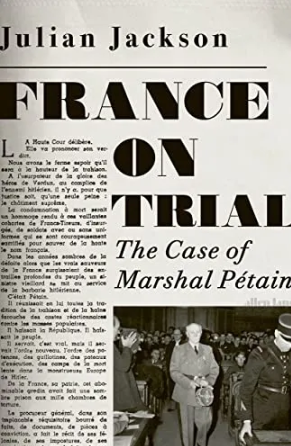Tristin Hopper explains the apparent paradox that the federal government is spending money faster than it can be printed, yet the things the government is responsible for are perennially underfunded:

From back when The Onion was allowed to be funny – https://youtu.be/JnX-D4kkPOQ
This may surprise the average Canadian given that so much of the government is noticeably threadbare and underfunded. Canadians are dying in hospital waiting rooms due to unprecedented shortages in health care. The navy’s so strapped for cash that it can only deploy one offshore patrol vessel at a time. The RCMP’s federal policing is so under-resourced that Parliamentarians are now calling it a threat to national security. And even $600 billion in cumulative debt hasn’t been enough for the Liberals to honour their 2015 campaign promise to ensure universal clean water on First Nations reserves.
It’s popular to blame all this on some easy-to-identify example of government profligacy, such as Ukraine aid, free hotel rooms for refugee claimants or Prime Minister Justin Trudeau’s noted penchant to rack up outsized travel bills. But Canada’s fiscal problems are well beyond anything like that. At the current rate of spending, the cumulative $2.4 billion in military aid that Canada has sent to Ukraine represents less than a month’s worth of new debt.
So where’s all the money going? Below, a cursory guide to how Canada is able to spend so much while seemingly obtaining so little.
Debt servicing just got way more expensive
First, an easy one: The Trudeau government borrowed an obscene amount during the COVID-19 pandemic, and with rising interest rates the treasury is getting hammered with debt-servicing costs.
As recently as 2021, interest charges on federal debt cost $20.3 billion per year. In the current fiscal year, it’s probably going to blow past $46.5 billion. Ottawa now spends about as much on debt management as it does on health care transfers to the provinces.
The phenomenon of pricier debt is not limited to Canada: Virtually every government in the world ran up record-breaking debts during COVID and are now facing the consequences. But if Canada is different, it’s that our rate of pandemic debt accumulation was at least $200 billion higher than it needed to be. And in justifying all this extra spending at the time, Trudeau argued that it was a good time to take out extra debt since “interest rates are at historic lows”.
The corporate welfare is just unbelievable
Canada has a long history of government signing over grants and bailouts to politically connected corporations. As far back as 1972, then NDP Leader David Lewis famously championed the cause of stopping Canada’s “corporate welfare bums”.
But the Trudeau government has taken corporate welfare to new heights. It was only a few years ago that Bombardier was the undisputed champion in collecting federal grants, bailouts and interest-free loans. Over 50 years, according to an analysis by the Montreal Economic Institute, Bombardier received a cumulative “$4 billion in public funds”.
In just the last calendar year, the Trudeau government has signed two subsidy agreements that would dwarf that $4-billion figure several times over. In the spring, both Stellantis and Volkswagen agreed to build EV plants in Ontario in exchange for federal subsidy packages that could cost as much as $18.8 billion (plus another $9 billion from the Ontario government).
And that new $18.8 billion liability on the books doesn’t even account for the massive ramp-up in the corporate welfare everywhere else. To name just a couple: In 2021, Air Canada got a $5.4 billion loan package. And the Trudeau-founded Strategic Innovation Fund gets about $1.5 billion per year in handouts to green energy companies.







